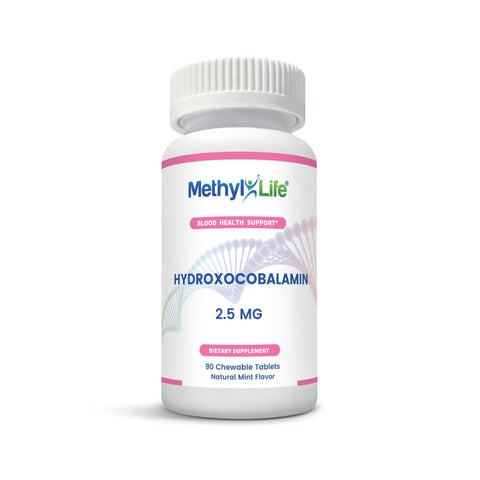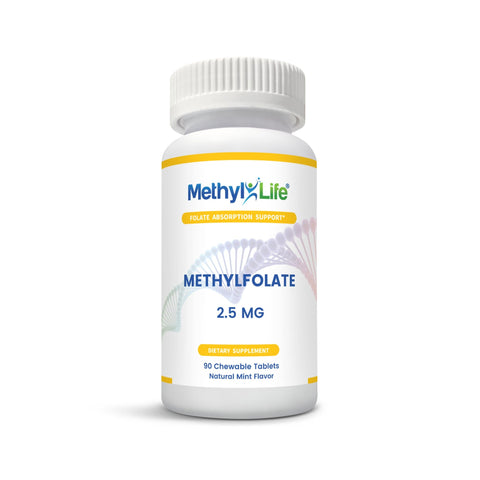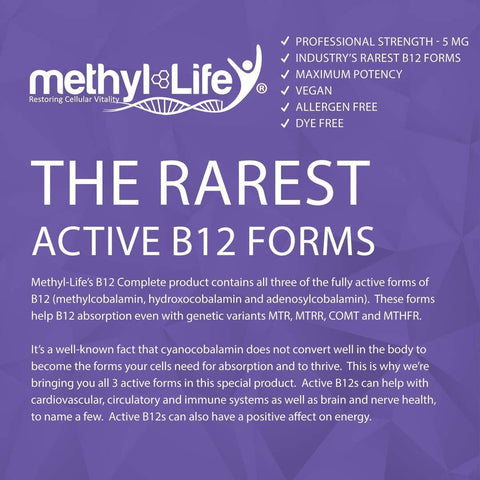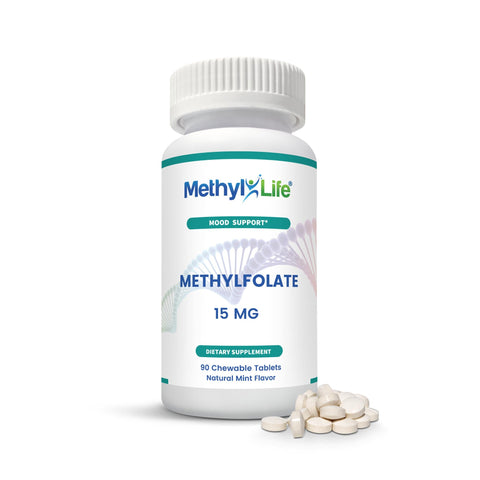Is Methylfolate the Same as Vitamin B12?
When so many nutrients have similar names, it’s easy to get confused. You may be wondering if there’s a difference between two major B vitamins B9 (folate or methylfolate) and B12, also known as cobalamin (or methylcobalamin).
Both of these vitamins are available in natural and synthetic forms, and they’re both commonly deficient in humans. But although they sound similar and are involved in many of the same biochemical processes in the body, they are distinctively different.
These nutrients differ not only in their structure and sources but also in the roles they play in the methylation process. Methylation is one of the most important biochemical reactions in the body1, occurring billions of times per second. It’s required for proper detoxification, neurotransmitter production, hormone metabolism, histamine metabolism, DNA/genetic expression, amino acid metabolism, and growth and development.
However, those with an MTHFR polymorphism are unable to properly utilize the inactive forms2 of folate and B12, which impairs the methylation process. It is important to understand how methylfolate differs from folic acid and how B12 differs from methylcobalamin.
This article will explain these differences and the importance of the methylation cycle in how these nutrients are used in the body. We will also explain why methylated forms of these vitamins are essential for numerous biochemical processes in the body and the regulation of overall health.
















